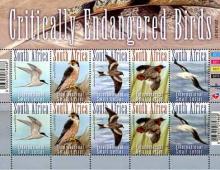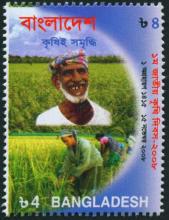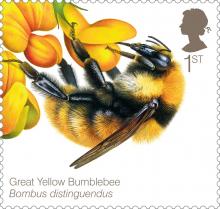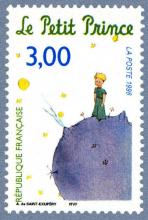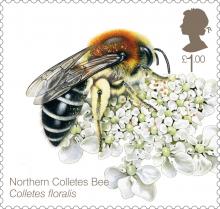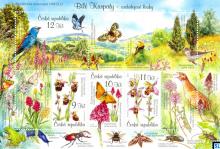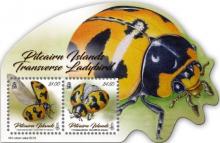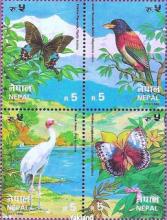South Africa’s seabirds are in serious decline
- Read more about South Africa’s seabirds are in serious decline
- Log in to post comments
Over five years in the making, The State of South Africa’s Birds 2018 report used national survey and monitoring data to create a picture of the conservation status of the country’s birds and their habitats. Unfortunately, the study outlines several troubling tends. Overall, it found that 132 of the 856 species in the country were threatened or near-threatened in the country, with 13 Critically Endangered – just one step away from being extinct in South Africa.

